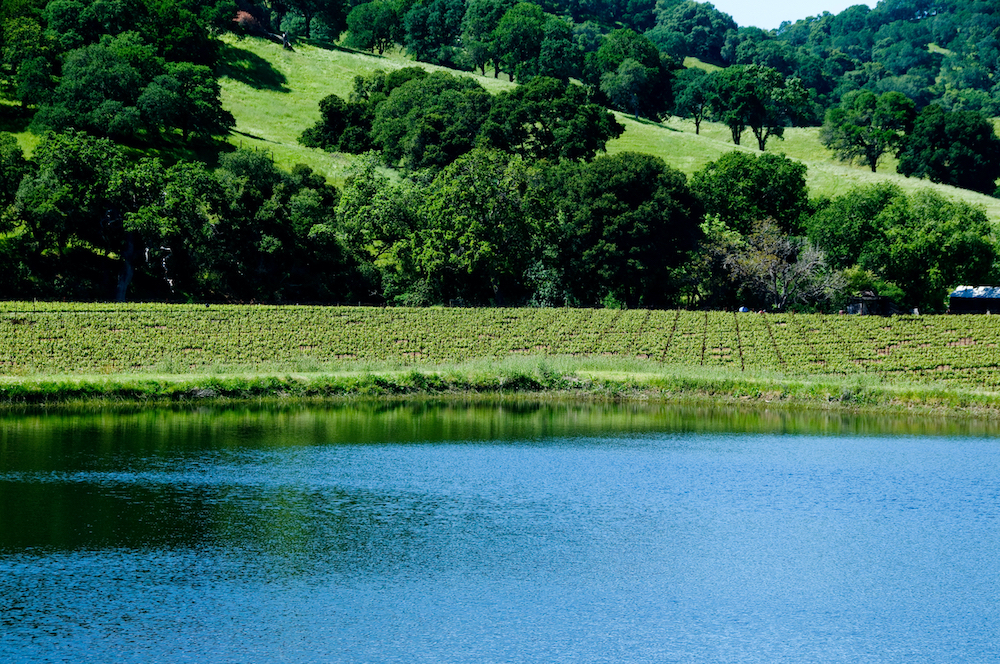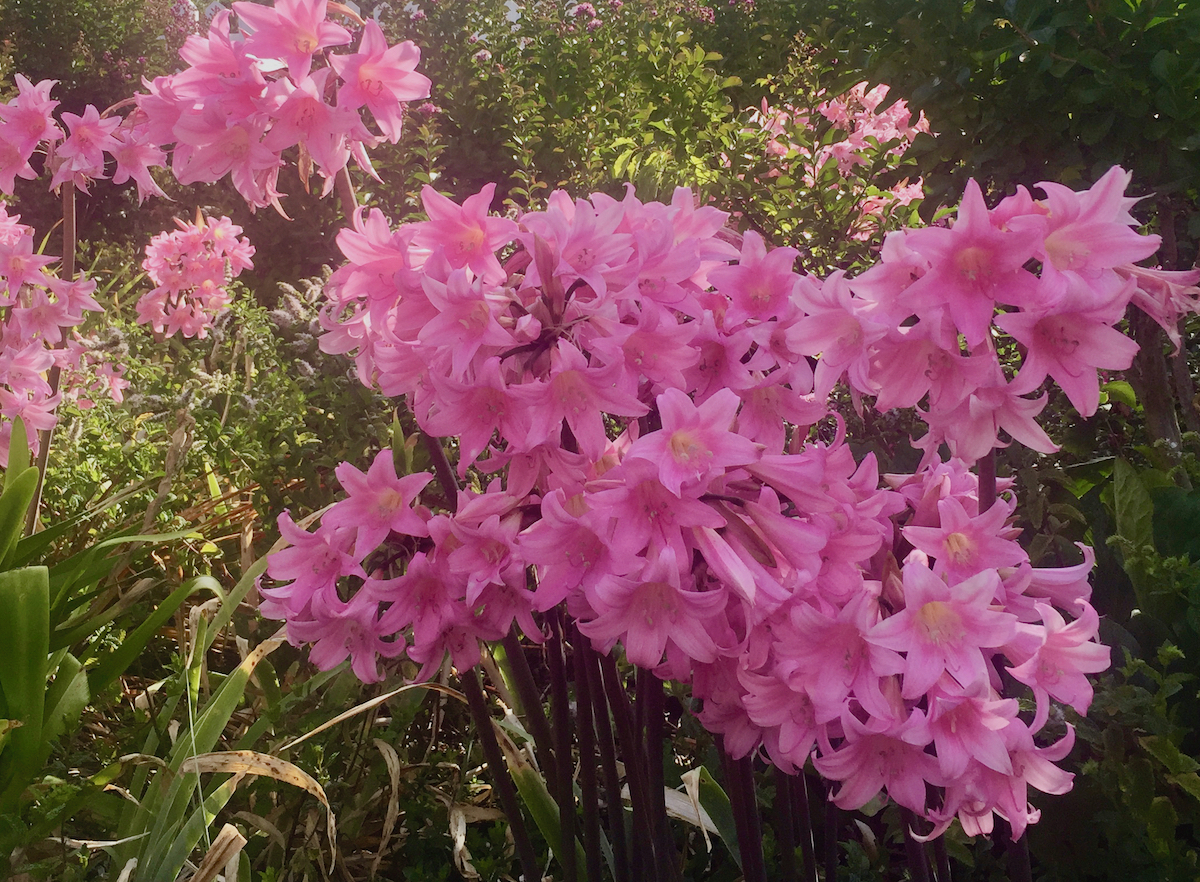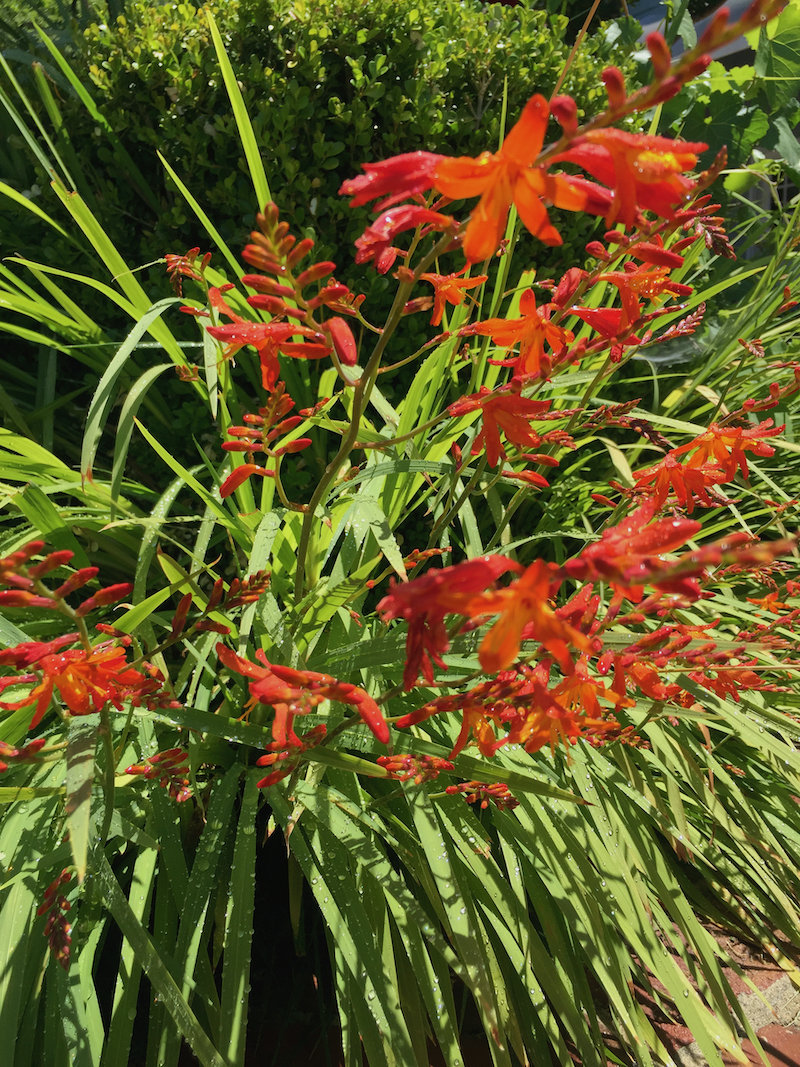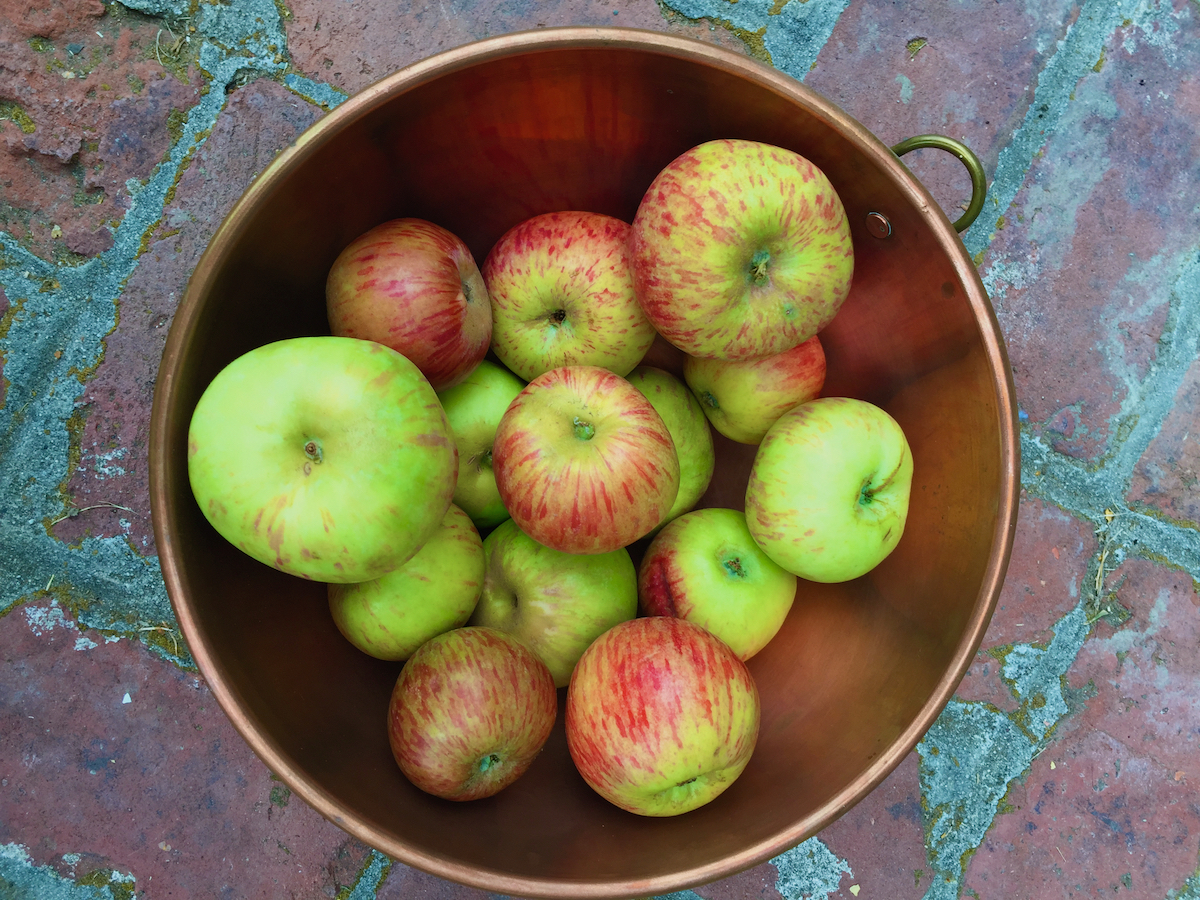“When the well is dry, we know the worth of water.” Benjamin Franklin
We turned on the spigot. A trickle. Seconds later, nothing.
For over a hundred years the deep well had served three houses, several barns, and all the gardens on our Napa County ranch without a problem. This summer, the well is empty. The bucolic lake built by my Dad and brothers in the former horse pasture served as a family playground, fishing area, and farm irrigation reservoir for decades. In 2021, it is a big basin of cracked clay. There is no water.
In the San Joaquin Valley, an area known to be the breadbasket of fruit and nuts for America, the aquifers and canals are depleted. It is projected that by 2040, 535,000 acres of agricultural production will be lost. If the drought persists and water is not available, double that amount of land will not be planted resulting in food shortages around the country.
Seventy-one percent of the earth is covered in water. Over 96 percent of that water is saline, represented by our oceans and seas. The human body consists of sixty percent water. H2O is a vital nutrient to the life of every cell. People can survive without food for several days, but without water, organ failure commences around the third day of dehydration.
Water matters and water is scarce. Climate change is resulting in rising temperatures and when the soil gets warmer, heat waves worsen. Fifty-five percent of the West is experiencing extreme drought conditions. Some scientists have declared the summer of 2021 the worst drought in over 1200 years.
What is a gardener to do?
Because of the efforts to reduce water usage as well as the higher costs of water, many people have asked me if it would be best to “let their landscape go”. My rapid reaction is a decisive “NO!” Besides the financial burden of re-landscaping, maintaining a garden during a drought is essential not only for the aesthetics and beauty a garden provides but for keeping your home cooler and contributing to a fire safety zone. If you let your plants and trees die, your parched landscape could become a fire hazard.
Here are ways to minimize watering while keeping your plants alive.
- 1. Weed your garden thoroughly as weeds are huge drinkers.
- 2. Mulch to conserve water. Add three inches of good quality mulch to your entire landscape to suffocate weed growth, conserve water, prevent evaporation, and reduce the heat to the soil.
- 3. Check for leaks in your sprinkler system. If you find a spike in your water bill, you probably have a broken pipe somewhere.
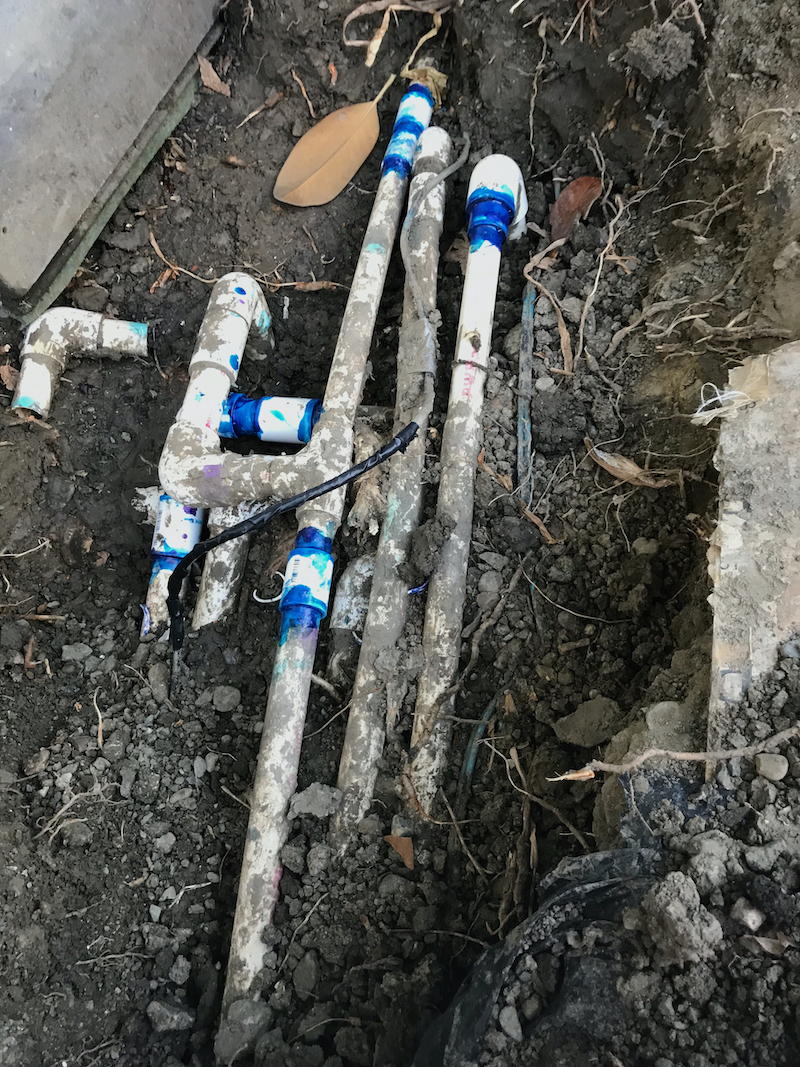
- 4. Water deeply and infrequently. Once or twice a week will suffice. Most plants need about one inch of water weekly. Check your soil to make sure that the water is penetrating the soil. Dry soil sheds water as run-off. If this happens, water twice, five minutes apart until the soil is saturated. Deep watering encourages a healthy root system while frequent short showers are wasteful and not beneficial to plant growth.
- 5. Water early in the morning or early evening when moisture will be retained.
- 6. Refrain from fertilizing in the summer months as feeding promotes thirsty hyper-growth.
- 7. Mow your lawns without using the bag. Grass clippings supply nutrients to the lawn with less water usage.
- 8. Don’t worry about keeping your lawn super-green. Just keep it alive and it will re-green when the weather is wetter.
- 9. Use soaker hoses around plants to eliminate evaporation. Trees can be especially vulnerable during a drought. Use a deep soaker wand to supply water to the roots.
- 10. Don’t put your irrigation on a schedule. Instead, check your soil moisture and monitor your plants. Turn your system on when it is necessary but do make sure to run it to keep the system free of invading insects, roots, and stagnant water.
For both firewise and waterwise gardening, permeable surfaces in your hardscape such as decomposed granite, gravel, stones, and mulch are advisable. They provide a fire-safe zone and allow rainwater to percolate into the soil without runoff. For a list of plants that are both fire and drought resistant, re-read my article located at https://www.lamorindaweekly.com/archive/issue1508/Digging-Deep-with-Goddess-Gardener-Cynthia-Brian-Fire-retardant-and-fire-resistant-plantings.html.
- 11. Summer is not the time to plant but to plan. Any specimen planted in August will require regular and concentrated watering to establish strong roots. Late fall before frosts will be optimal for sowing.
- 12. Recycle your household water. Keep a bucket in your shower and bowls in your sinks to catch the water from your faucet. Use it on your houseplants or pour it into your garden. When you steam or boil vegetables, allow the water to cool, then use it on your plants.
- 13. Minimize your personal water usage. Turn off the water when brushing teeth or when soaping up in the shower. For toilets, we may be approaching the former drought mantra “if it’s yellow, let it mellow. If it’s brown, flush it down.” This is obviously a personal choice.
- 14. Adjust your expectations for your garden. Accept the fact that your garden may not be as green, lush, and colorful as it would normally be if water scarcity was not an issue. Plants wilt to conserve energy. Many plants are resilient and can deal with hot weather. They will bounce back with winter rains.
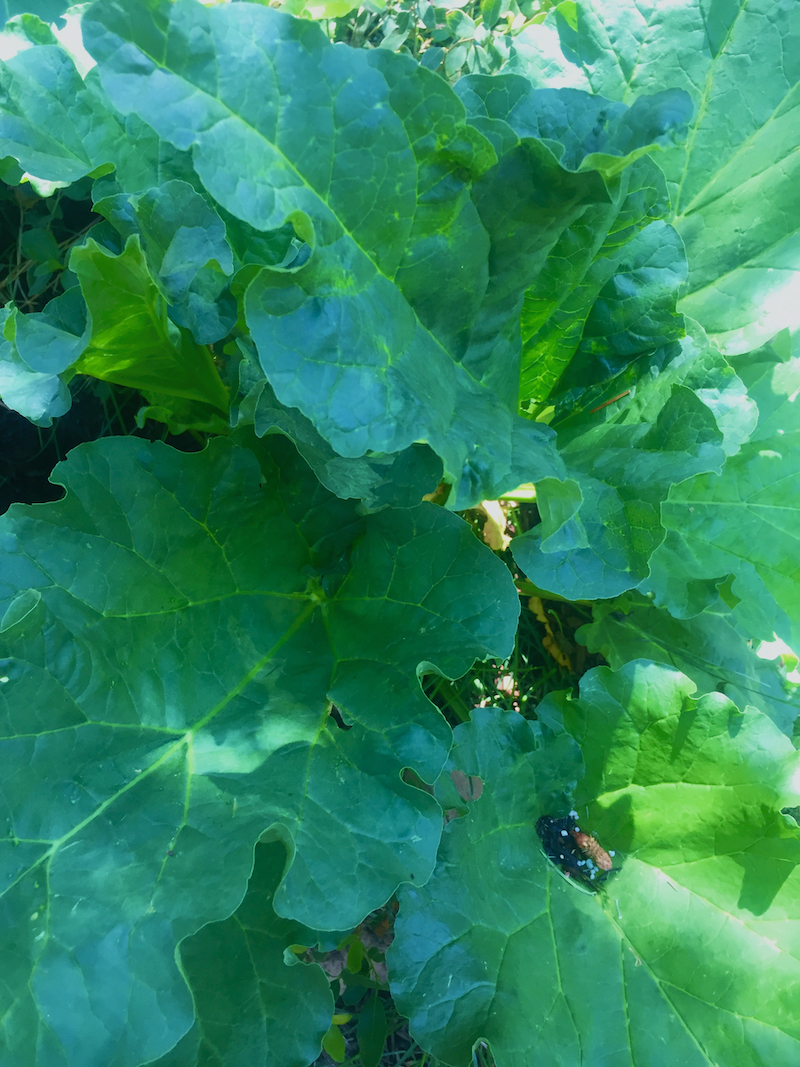
During the past two months, I have been busy personally repairing broken PVC pipes, valves, sprinklers, and hoses as hiring anyone to assist has been impossible. Between the marauding deer, shifting soils, and invading roots, the work is endless, arduous, intensive, and necessary. I have also implemented the tips that I am suggesting.
Taking a long, relaxing shower used to be my reward after a day of digging, weeding, pruning, repairing, building, and planting, but for the past few years I’ve resorted to three-minute scrubs to save water.
Living in Lamorinda, we are fortunate to be able to turn on our faucets and have water. Farmers throughout the state are not so lucky. Continue to grow edibles as growing your own groceries will become more critical as the drought continues.
As for now, on our family ranch and vineyards we are buying water. Last year’s grape harvest was 100% destroyed by smoke taint. Because of the three-digit temperatures experienced thus far, we have already lost 20% of our Cabernet. I pray for a winter of maximum snowfall.
Water is life. It’s precious. Don’t waste, conserve.
MARK YOUR CALENDARS!
Saturday, September 25th, Be the Star You Are!® will participate in the first live event at the Pear and Wine Festival with a booth sponsored by the Lamorinda Weekly. Details at https://www.bethestaryouare.org/copy-of-events
Happy Gardening. Happy Growing.
Photos and more: https://www.lamorindaweekly.com/archive/issue1512/Digging-Deep-with-Goddess-Gardener-Cynthia-Brian-Water-matters.html
Cynthia Brian, The Goddess Gardener, is available for hire to help you prepare for your spring garden. Raised in the vineyards of Napa County, Cynthia is a New York Times best-selling author, actor, radio personality, speaker, media and writing coach as well as the Founder and Executive Director of Be the Star You Are!® 501 c3. Tune into Cynthia’s StarStyle® Radio Broadcast at www.StarStyleRadio.com.
Buy copies of her books, including, Chicken Soup for the Gardener’s Soul, Growing with the Goddess Gardener, and Be the Star You Are! www.cynthiabrian.com/online-store. Receive a FREE inspirational music DVD and special savings.
Hire Cynthia for writing projects, garden consults, and inspirational lectures.
Cynthia@GoddessGardener.com


